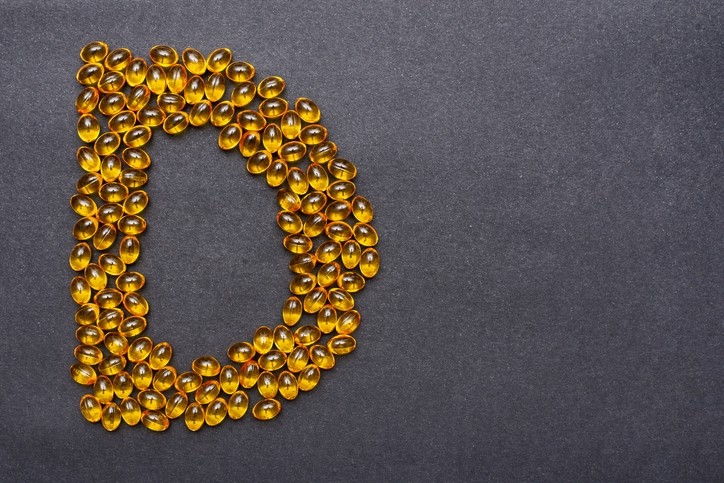Current evidence insufficient to link vitamin D supplementation to COVID-19 outcomes – Meta-analysis

The available evidence was also not able to link vitamin D deficiency or insufficiency to higher susceptibility to COVID-19 infection.
Over the course of the pandemic, many studies have been published assessing the link that vitamin D plays in COVID-19 patients.
There are studies where people with low or deficient in vitamin D were associated with an increased risk of getting COVID-19, had more severe symptoms, and how positive COVID-19 patients were tested for lower vitamin D levels than healthy people.
On the other hand, there are also studies finding no significant association, such as a large cohort-based study from the UK Biobank.
Because the current evidence around vitamin D and COVID-19 infection and clinical outcomes are controversial, and there is no clear indication of how vitamin D supplementation have a positive impact on patients, researchers from China conducted a meta-analysis, investigating 11 cohort studies and 2 RCTs.
The findings were published in Nutrition Journal.
Analysing available data
The cohort studies assessed vitamin D levels with COVID-19 risk and death, while the RCTs analysed the effect of vitamin D supplementation on ICU admission and death due to COVID-19.
Vitamin D was measured in the serum. Patients’ mean age were 49 to 69 years old.
These studies were conducted in US, Europe, Asia and Australia, and this is the first meta-analysis to use the GRADE system to evaluate the quality of the evidence.
The GRADE method (Grading of Recommendations, Assessment, Development and Evaluation) is a tool to rate the quality of evidence through criteria such as inconsistency of results across studies, indirectness of evidence, imprecision, and publication bias.
Findings
The RCT findings revealed that vitamin D supplements did not significantly decrease death or ICU admission in hospitalised patients with COVID-19.
The overall GRADE evidence quality was low for death or ICU admission, for which researchers suggest vitamin D supplementation was not recommended for patients with COVID-19.
Based on cohort studies, current evidence found vitamin D deficiency (< 20 ng/ml) or insufficiency (< 30 ng/ml) was not significantly linked to susceptibility to COVID-19 infection or increased risk of death.
Each 10 ng/ml increase in serum vitamin D level was not associated with a significant decreased risk of COVID-19 inflection or death.
One thing to note was that all the trials in this meta-analysis included a low percentage of patients with vitamin D deficiency.
“The benefits of vitamin D supplementation in patients with vitamin D deficiency should be further studied. Further studies with higher quality should also determine whether preventive or early vitamin D3 supplementation would be useful,” researchers said.
Hence, this meta-analysis revealed no significant association between vitamin D level, COVID-19 infection, outcomes and no benefit of vitamin D supplementation in hospitalised patients with COVID-19.
Source: Nutrition Journal
https://doi.org/10.1186/s12937-021-00744-y
“Low vitamin D levels do not aggravate COVID-19 risk or death, and vitamin D supplementation does not improve outcomes in hospitalized patients with COVID-19: a meta-analysis and GRADE assessment of cohort studies and RCTs”
Authors: Jie Chen, et al.

















